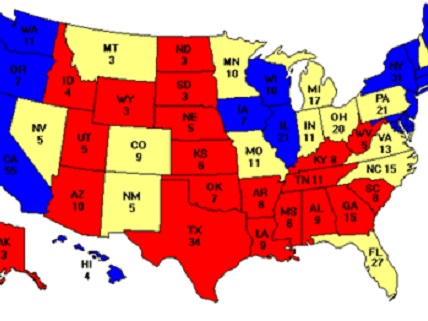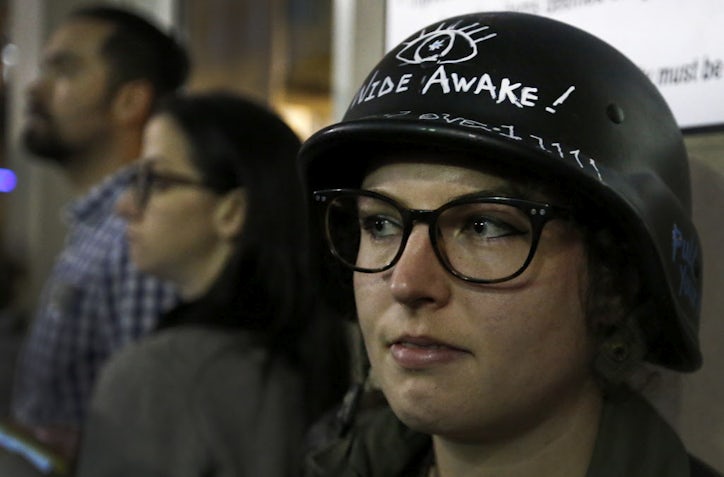
Doesn't Honest Abe's June 20, 1848, Speech on Internal Improvements (first para below) and his February 13, 1848, letter to a Josephus Hewett (second para) sound like he is talking to those who wish to ditch or at least reform the Constitution and the Electoral College?
I now wish to submit a few remarks on the general proposition of amending the constitution. As a general rule, I think, we would much better let it alone. No slight occasion should tempt us to touch it. Better not take the first step, which may lead to a habit of altering it. Better, rather, habituate ourselves to think of it, as unalterable. It can scarcely be made better than it is. New provisions, would introduce new difficulties, and thus create, and increase appetite for still further change. No sir, let it stand as it is. New hands have never touched it. The men who made it, have done their work, and have passed away. Who shall improve, on what they did?Related: • How Come So Much of What Honest Abe Spoke of 150 Years Ago Seems Relevant Today?
… I was once of your opinion … that presidential electors should be dispensed with; but a more thorough knowledge of the causes that first introduced them, has made me doubt. Those causes were briefly these. The convention that framed the constitution had this difficulty: the small states wished to so frame the government as that they might be equal to the large ones regardless of the inequality of the population; the large ones insisted on equality in proportion to population. They compromised it, by basing the House of Representatives on population, and the Senate on states regardless of population; and the executive on both principles, by electors in each state, equal in numbers to her senators and representatives. Now, throw away the machinery of electors, and the compromise is broken up, and the whole yielded to the principle of large states. … Have you reflected on these things?
• The Electoral College: A Few Choice Remarks
• To better understand America's electoral college, it might be helpful to make a comparison that brings in the European Union













